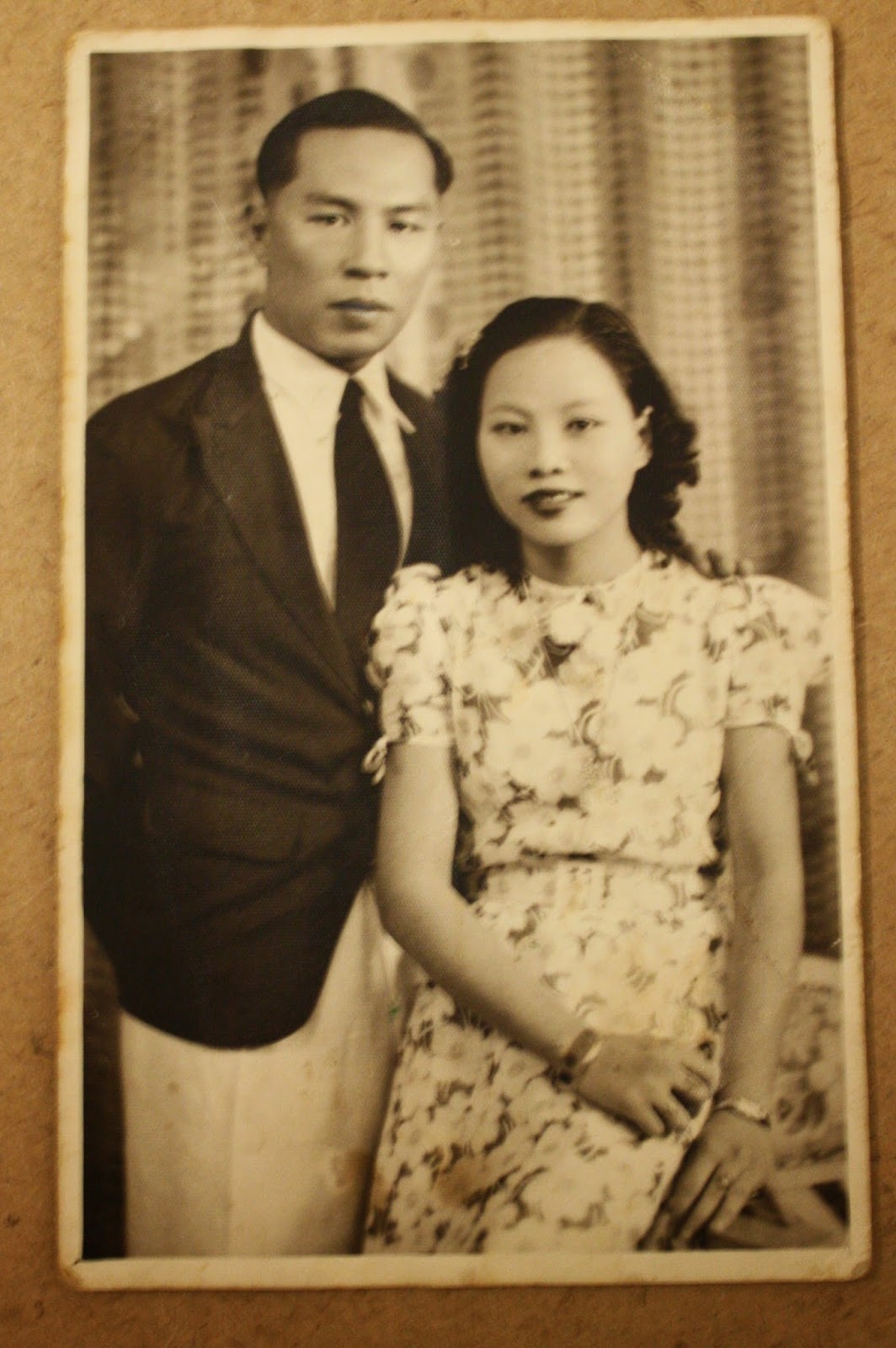Before the year runs out, I need to tidy
the garden and let it rest. This is literally putting the garden ‘to bed’ as a
thorough clean up means a healthy and vital garden next spring. The declining
light and dropping temperatures inhibit plant growth and once most of the crops
are harvested, a layer of mulch or compost is added before the beds are
covered.
It feels so strange that 2014 is drawing to
a close as it feels like only yesterday when we were making resolutions as we ushered
the year in. I am awash in a spirit of sentimentality as I reflect on the
events that left me happy, sad, shocked or amused.
Churches in Malaysia
With the new year just around the corner,
it is a time of reflection.
What have I done? What have I not done?
What should I have done? How could I have avoided that mistake made? How could
I have prevented that relationship fallout?
It is that moment in time where I step back
and honestly say ‘Did I contribute to that situation? Was I party to the
crime?’
In any difficult situation, we always feel
that we have been wronged against. In a group meeting which I facilitated on
pride and humility, each of us had a checklist. All of us ticked yes to the
many times we felt that someone owed us an apology or a word of thanks. We
ticked yes to the times when we felt that we were not given due recognition or
the times when we thought we deserved more.
While there are many who appreciate us,
there are people who rub us the wrong way and bring out the worst in us.
Ignorance and fear of the unfamiliar gives rise to prejudice and judgement.
Recently I was invited to a baby shower and
that was both a challenge and an eye opener. We are used to the culture and
people that we grow up with but we really do not know what to expect when we
are in another community or in the midst of others from a different
nationality. I find it strange to feel that way especially when I have lived in
a multicultural society all my life. Yet whatever is new can be rather scary.
So I went with an open mind and an open
heart.
I have not seen so much food served and how
relaxed, hospitable and amiable everyone was. When we are among friends,
beneath a different skin colour is a heart of warmth and generosity. I felt I
was back in Malaysia among Malaysians.
Nicholas Copernicus (1473 –1543)
believed that the earth moves round the sun and not the other way round as his
contemporaries did. He believed that the centre of the earth is not the centre
of the universe. His beliefs did not go down well with the society of his day
and drew the ire of religious bodies and the like.
Likewise, if we remove ourselves from the
elevated position of being in the centre of everything, it helps us to
understand others better and have a ‘bigger’ heart and mind. We will not be
overly sensitive and think that everyone else is talking bad about us and
wanting to hurt us. We will learn how to step out of our comfort zone and
embrace another culture, another person, another perspective.
Mark Twain said, "Age is
an issue of mind over matter. If
you don't mind, it
doesn't matter."
Life is not all about me. It is about what
matters most.
Roll on 2015.
 This article was originally published by New Straits Times. You can read the original article here .:http://www.nst.com.my/node/66609
This article was originally published by New Straits Times. You can read the original article here .:http://www.nst.com.my/node/66609





















.jpg)









.jpg)
















